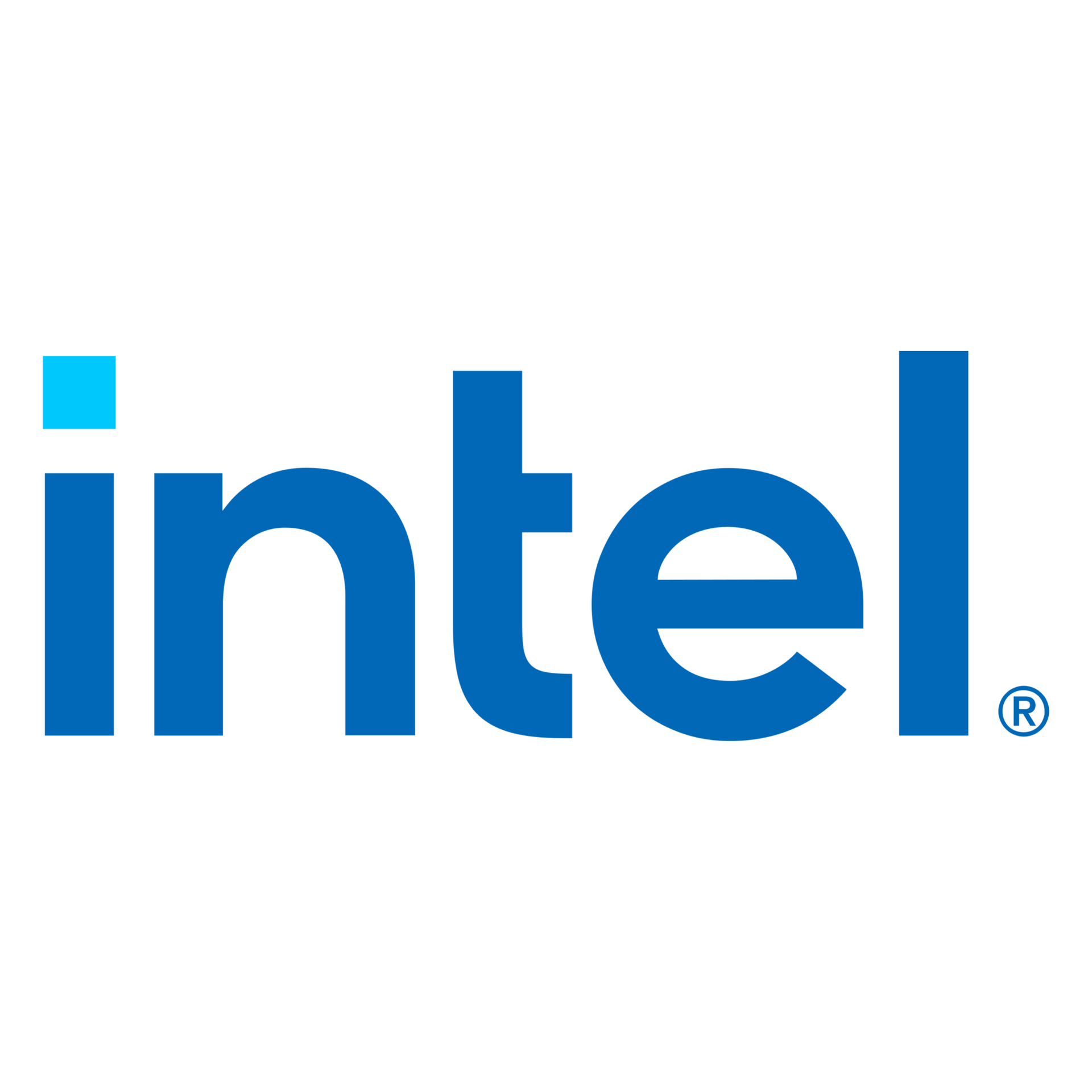
Intel
What do people say about Intel?
In the UK, Intel is increasingly viewed as a laggard in the technology sector, particularly against competitors like AMD and NVIDIA. The company's struggles with innovation, delivery delays, and product performance have raised serious doubts about its future viability. While some segments acknowledge its historical significance and contributions to computing, the prevailing sentiment is one of skepticism regarding its ability to regain market leadership. As the semiconductor industry evolves, Intel's perceived inability to adapt has left many questioning its role in the rapidly changing tech landscape.
Where are the conversations happening?
Discussions across various tech forums and news outlets, including The Register and TechRadar, reveal a critical stance towards Intel, focusing on its failures to innovate and keep pace with competitors. These sources highlight users' frustrations with Intel's products, and there is a noticeable trend of analysts discussing potential leadership changes within the company as a response to its declining market position. The critical dialogue is largely centered around Intel's performance metrics compared to other chipmakers.
What are the topics trending around Intel?
Emerging discussions include the rise of alternative semiconductor manufacturers and the shift towards energy-efficient chips, which are posing direct challenges to Intel's traditional business model.
Why are these topics trending?
The increasing focus on sustainability and efficiency in computing has prompted many tech discussions about alternative chip manufacturers who are perceived to be ahead of Intel in these critical areas.
How is Intel being talked about?
Detailed breakdown of public sentiment and conversations about this entity.
Impact vs Sentiment
See how each entity's high impact percentage relates to their positive sentiment percentage from actual mentions.





